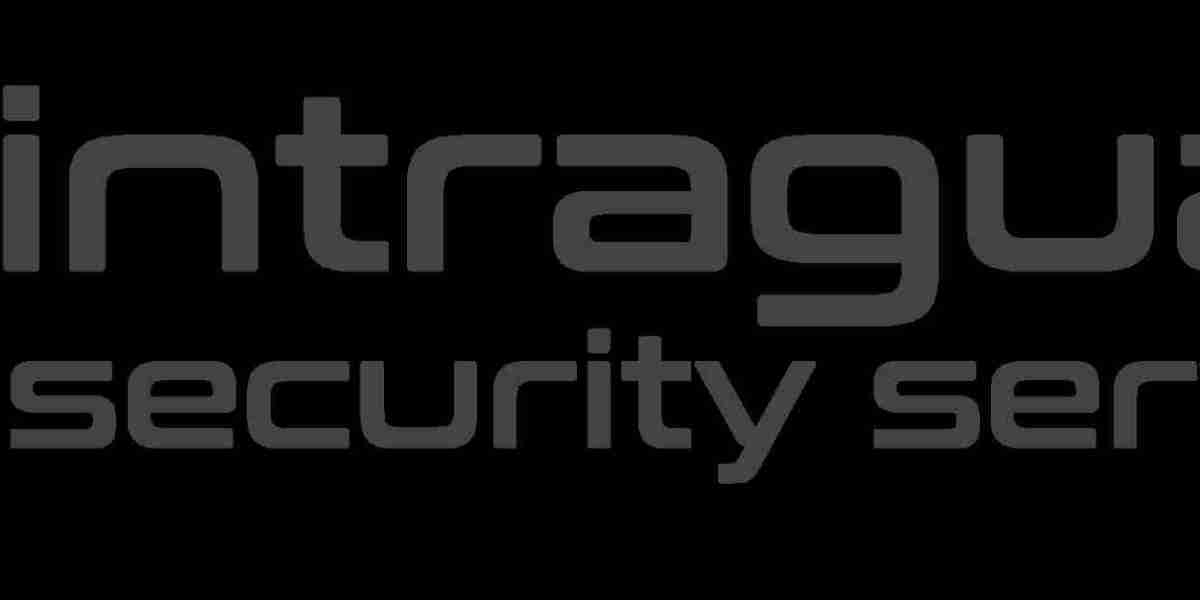When hire security guard for your business or property, ensuring they are properly licensed and insured is crucial for both your safety and legal protection. Security guards play a vital role in maintaining order and protecting assets, but if they are not licensed and insured, you may face serious consequences if something goes wrong. In this blog, we'll discuss how to make sure your security guard is properly licensed and insured, and why it’s essential to verify these credentials.
Why It’s Important for Your Security Guard to Be Licensed and Insured
First, let's understand the importance of proper licensing and insurance for security guards. A licensed security guard has undergone the necessary training, background checks, and certification processes required by law. They have proven their ability to perform their duties in a professional manner, which provides you with confidence that the individual is qualified to handle situations that may arise.
Insurance, on the other hand, ensures that you are not held financially responsible in case of accidents, damages, or liabilities that occur while the guard is on duty. Without insurance, the cost of lawsuits or property damage could fall on you as the business owner. Furthermore, insurance protects both the guard and the property owner in situations that may involve injury or misconduct.
Steps to Ensure Your Security Guard is Properly Licensed
Verify the Guard’s License
The first step is to ask for proof of the security guard’s license. In most regions, security guards are required to have a valid license issued by a state or local authority. These licenses are often given only after the guard has completed specific training programs and passed background checks. Contact the licensing agency to confirm that the guard’s license is valid and up-to-date.
Each state or region may have its own rules and regulations, so it’s important to verify whether the license they hold is appropriate for the type of security work they will be doing. For example, a guard working in a high-risk environment may need additional training or certifications.Check for Background Checks
A key part of security guard training includes a background check. A reputable security guard agency will ensure that their employees have passed a criminal background check to ensure they do not have a history that would make them unsuitable for the role. This includes checks for violent crimes, theft, fraud, or other offenses that would pose a risk to your property or customers.
Ensure that your security guard’s background is clear of any red flags, as hiring someone with a criminal history could expose your business to potential threats.Ask About Continuing Education
In many states, security guard licenses must be renewed periodically. Continuing education requirements may include additional training in areas such as conflict resolution, emergency response, or legal updates relevant to the security industry. Ensure your security guard is staying up-to-date with any continuing education requirements that may be necessary to maintain their license.
Steps to Ensure Your Security Guard is Properly Insured
Request Proof of Insurance
Just as you would ask for proof of licensing, always request proof of insurance from the security guard or the security agency. There are different types of insurance coverage that a security guard may need, including liability insurance, worker’s compensation insurance, and errors and omissions insurance.
Liability insurance protects your business from any damages or claims that arise from incidents that occur during the guard's shift. Worker’s compensation insurance covers the guard in case they are injured while on the job, and errors and omissions insurance provides coverage for potential lawsuits or legal actions related to professional mistakes made by the security guard.
Check that the insurance covers the type of work the guard will be performing. If the guard is providing armed security services, they may need additional coverage compared to an unarmed guard.Verify Insurance Coverage Limits
It’s essential to check the coverage limits of the insurance policy. A basic insurance policy may not cover significant damages or lawsuits, especially in high-risk environments. For larger properties or high-value assets, you may want to ensure that the security guard’s insurance policy has a higher coverage limit.
Ask for a copy of the insurance policy and thoroughly review the terms and conditions, including exclusions, deductibles, and coverage limits. If you have any doubts, consult with an attorney or insurance professional to ensure the coverage is adequate for your needs.Confirm the Insurance is Active
It’s not enough to simply have proof of insurance; you must also confirm that the insurance is active and up-to-date. Insurance policies can sometimes lapse, especially if the security guard is employed by an agency. Contact the insurance company directly to confirm the policy’s status, and ask for a certificate of insurance to keep on file.
What to Do If Your Security Guard is Not Properly Licensed or Insured
If you discover that your security guard is not properly licensed or insured, it is crucial to take immediate action. First, avoid allowing the unlicensed or uninsured guard to work. You can either request that they obtain the necessary licensing and insurance or look for a different provider.
If the guard is employed by a security agency, notify the agency of the situation and ask for a replacement. Ensure that the replacement guard meets all licensing and insurance requirements. If you are unsure about the process, consider hiring a third-party verification service to ensure that all credentials are properly checked before the guard starts working.
Conclusion
Ensuring that your security guard is properly licensed and insured is not just a matter of compliance but also a critical step in protecting your business, employees, and customers. By following these steps and thoroughly vetting your security guard’s credentials, you can have peace of mind knowing that you are hiring a professional who is qualified to handle any situation that arises.
Always remember to verify the guard’s license, check their background, request proof of insurance, and ensure the coverage is sufficient for your needs. A well-trained and properly insured security guard will provide you with the protection you need while safeguarding your business’s reputation and minimizing your legal risks.
Intraguard is one of the top London security companies, providing comprehensive services like manned guarding, CCTV surveillance, patrolling, and guard dog patrols to secure your property.








